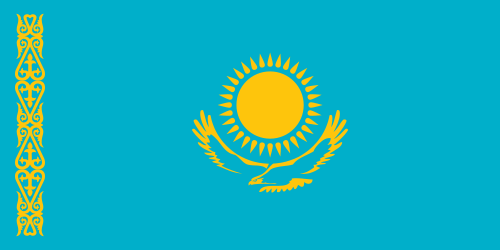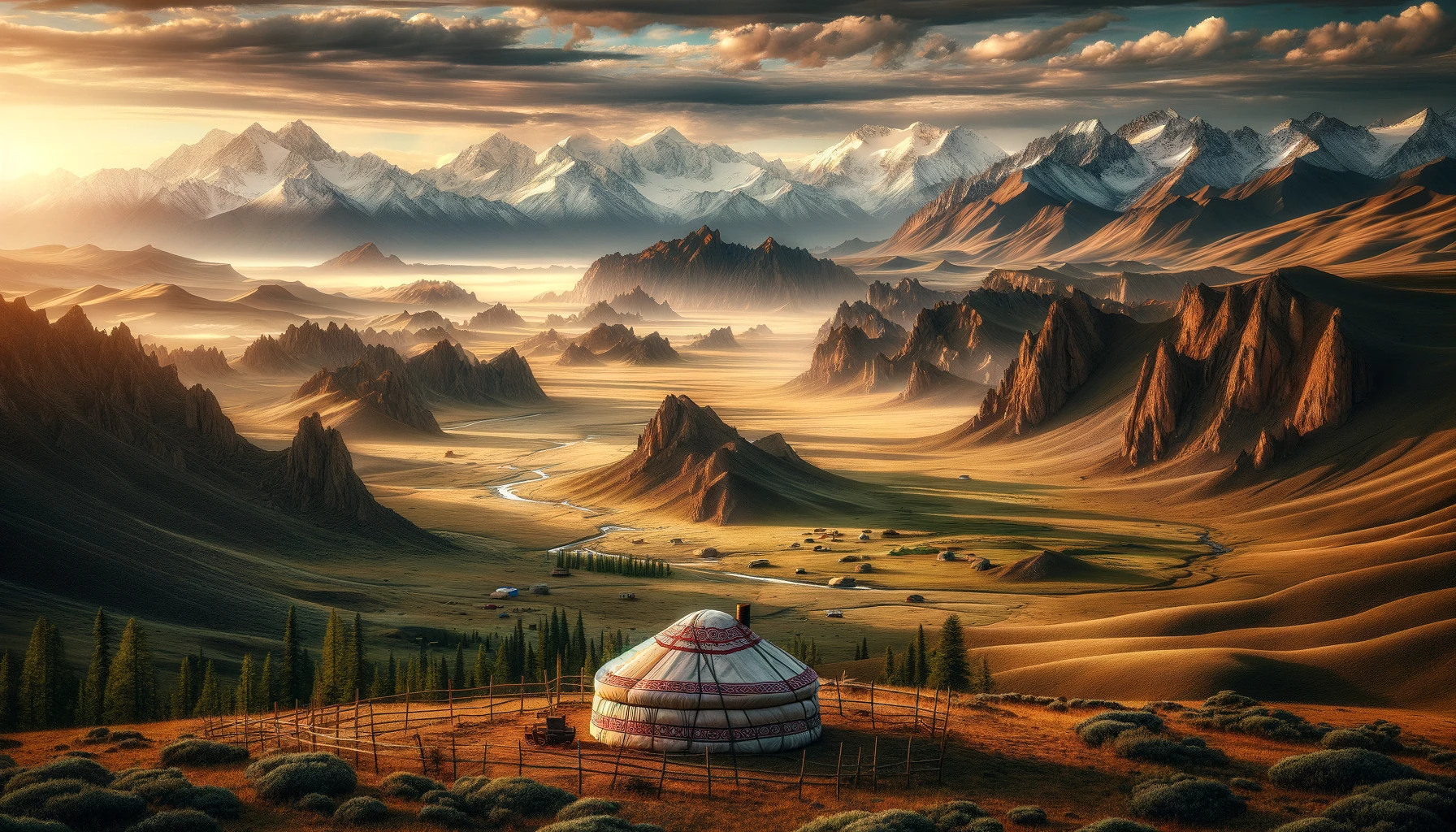Kazakhstan is a nation rich in history, natural resources, and cultural diversity. It continues to develop its economy and society, navigating the complexities of post-Soviet transition and global integration.
List of National and Public Holidays 2025 in the Republic of Kazakhstan
- New Year’s Day is on Wednesday, 1st January 2025.
- New Year Holiday is on Thursday, 2nd January 2025.
- New Year Holiday is on Friday, 3rd January 2025.
- Orthodox Christmas Day is on Tuesday, 7th January 2025.
- International Women’s Day is on Saturday, 8th March 2025.
- Nauryz Holiday is from Friday, 21st March 2025 to Tuesday, 25th March 2025.
- Kazakhstan People Solidarity Day is on Thursday, 1st May 2025.
- Defender’s Day is on Wednesday, 7th May 2025.
- Victory Day is on Friday, 9th May 2025.
- Kurban Ait is on Friday, 6th June 2025.
- Capital City Day is on Sunday, 7th July 2025.
- Capital City Day Holiday is on Monday, 7th July 2025.
- Constitution Day is on Saturday, 30th August 2025.
- Constitution Day Holiday is on Monday, 1st September 2025.
- Republic Day is on Saturday, 25th October 2025.
- Republic Day Holiday is on Monday, 27th October 2025.
- Independence Day is on Tuesday, 16th December 2025.
List of National and Public Holidays 2024 in the Republic of Kazakhstan
- New Year’s Day: Monday, 1 January 2024
- New Year Holiday: Tuesday, 2 January 2024
- Orthodox Christmas Day: Sunday, 7 January 2024
- International Women’s Day: Friday, 8 March 2024
- Nauryz Holiday: Thursday, 21 March 2024, to Monday, 25 March 2024
- Kazakhstan People Solidarity Day: Wednesday, 1 May 2024
- Defender’s Day: Tuesday, 7 May 2024
- Victory Day: Thursday, 9 May 2024
- Kurban Ait: Sunday, 16 June 2024
- Capital City Day: Saturday, 6 July 2024
- Capital City Day Holiday: Monday, 8 July 2024
- Constitution Day: Friday, 30 August 2024
- Republic Day: Friday, 25 October 2024
- Independence Day: Monday, 16 December 2024

History
- Early Nomadic Tribes: Historically, the vast steppes of Kazakhstan were inhabited by nomadic tribes. The region was a cradle for various Turkic and Mongol tribes.
- Russian and Soviet Rule: Became part of the Russian Empire in the 18th century and later the Soviet Union. Experienced significant cultural and political changes during these periods.
- Independence: Gained independence after the dissolution of the Soviet Union in 1991. Nursultan Nazarbayev became its first president, serving until 2019.
Geography
- Location and Terrain: Located in Central Asia, it is the world’s largest landlocked country, bordered by Russia, China, Kyrgyzstan, Uzbekistan, and Turkmenistan. The terrain includes steppes, plains, hills, deltas, mountains, and deserts.
- Climate: Continental climate with cold winters and hot summers. The country is known for its vast open spaces and varied landscapes.
Culture
- Ethnic and Cultural Diversity: A diverse population with ethnic Kazakhs being the majority. Russian, Uzbek, Ukrainian, and Uyghur minorities also reside here.
- Traditions: Rich in traditional nomadic culture, including music, dance, and the art of horsemanship. The Kazakh yurt is a symbol of nomadic heritage.
- Cuisine: Features meat-heavy dishes, reflective of nomadic traditions. Beshbarmak, a traditional horse meat dish, is widely popular.
Economy
- Natural Resources: Rich in natural resources, particularly oil, natural gas, and minerals. The economy heavily relies on the extraction and export of these resources.
- Agriculture and Industry: Significant agricultural potential, with livestock and grain being major components. Industries include energy, mining, and manufacturing.
- Economic Challenges and Diversification: Working towards diversifying its economy beyond oil and gas. Development of sectors like technology, finance, and tourism is a focus.
Society
- Demographics: A mix of urban and rural populations. Major cities include Nur-Sultan (the capital), Almaty, and Shymkent.
- Languages: Kazakh is the state language, while Russian is also widely used.
- Education and Healthcare: The government invests in education and healthcare systems, with ongoing reforms to improve quality and access.
Environmental Issues
- Challenges: Facing environmental challenges such as desertification, water scarcity, and pollution, particularly in industrial and mining areas.
- Aral Sea Crisis: The shrinkage of the Aral Sea is a major environmental concern, affecting the regional climate and livelihoods.
Government and Politics
- Political System: A presidential republic with a strong executive branch. Political reforms are ongoing to strengthen democracy and governance.
- Foreign Relations: Active in international diplomacy, particularly within Central Asia and with major powers like Russia, China, and the European Union.
Tourism
- Natural Beauty and Historical Sites: Attractions include the vast steppes, mountain ranges like the Altai and Tien Shan, and historical sites like the mausoleum of Khoja Ahmed Yasawi.
- Cultural Tourism: Opportunities to experience traditional Kazakh culture, nomadic lifestyle, and the modernity of cities like Nur-Sultan and Almaty.

